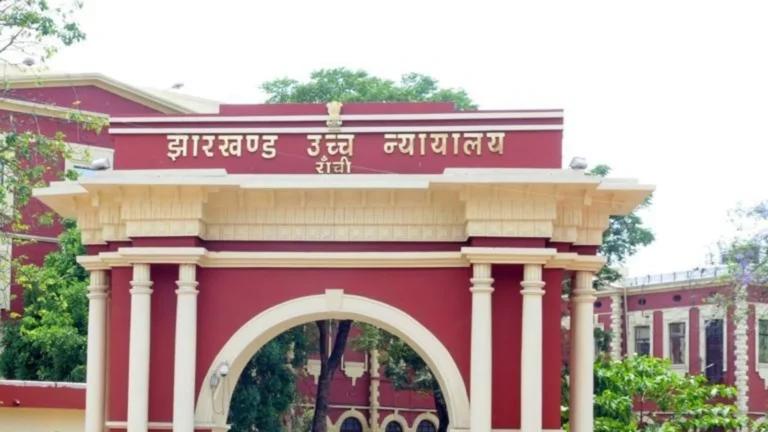The Jharkhand High Court at Ranchi has upheld a Single Judge’s decision to set aside the removal of a senior education officer, finding the punishment disproportionate to the gravity of the charges. The Division Bench of Justice Sujit Narayan Prasad and Justice Arun Kumar Rai dismissed the State's appeal against the reinstatement order in State of Jharkhand & Ors vs. Meena Kumari Rai (L.P.A. No. 134 of 2025).
Background
The respondent, Meena Kumari Rai, a 63-year-old officer of the Bihar Education Service (later absorbed into Jharkhand cadre post-bifurcation), had served for over three decades. She joined as Principal of Government Girls’ +2 High School, Palamau, in 2004 and was later promoted to District Education Officer (DEO), Palamau in 2016.
Barely eight months into her new post, she was abruptly transferred without explanation. Rai alleged harassment and favoritism in the transfer, prompting her to move the High Court. What followed, however, was a departmental inquiry that accused her of administrative lapses and disobedience.
The charges, seven in total, ranged from procedural violations and delayed processing of contractor bills to alleged indifference toward complaints under the Chief Minister’s Jan Samvad program. Notably, there was no accusation of corruption or financial embezzlement.
Despite her denials, the inquiry officer found her guilty. The disciplinary authority then ordered her removal from service on July 21, 2020, just six months before retirement. The punishment effectively stripped her of pension and post-retirement benefits.
Court's Observations
Justice Prasad, speaking for the Bench, emphasized that while departmental discipline is critical, the penalty must reflect the seriousness of the misconduct. The Court noted that Rai had served the government with honesty and dedication for 31 year without any prior complaints.
"The charges, even if accepted as true, pertain to casualness in discharge of official duties and not to any moral turpitude or corruption," the Bench observed.
The judges also endorsed the Single Judge’s reasoning that the punishment of dismissal was excessive and shocking to the conscience of the Court. The order of removal, the Court said, would have effectively erased her entire service record, denying her pensionary rights after decades of clean service.
The Division Bench cited Supreme Court precedents - notably Union of India v. P. Gunasekaran (2015) and CISF v. Abrar Ali (2017) - reiterating that High Courts should not reappreciate evidence in disciplinary matters but may intervene when punishment is shockingly disproportionate.
"While courts must respect administrative autonomy," the Bench remarked, "they are equally bound to ensure that punishment does not crush a person’s entire career when the charges do not warrant such a blow."
Arguments in Court
Appearing for the State, A.A.G.-III Ashutosh Anand argued that the inquiry had conclusively proved the charges and that the High Court erred by interfering with an established disciplinary finding. He stressed that as a DEO, Rai held a position of prime responsibility and her failure to act diligently justified strict punishment.
However, Advocate Rahul Kumar, representing Rai, countered that the proceedings were vindictive and initiated as a counterblast after her earlier challenge to the transfer order. He pointed out that the punishment was handed down months before retirement, ignoring her spotless career and the lack of serious allegations.
The Bench agreed with the respondent’s stance, noting that punishment must maintain a sense of proportionality between fault and consequence.
Decision
Concluding the matter, the Division Bench held that the Single Judge’s direction to reconsider the quantum of punishment was justified and legally sound.
“The nature of the allegations is not of such gravity as to warrant removal from service,” the judges said. “Moreover, there is no allegation of embezzlement of public funds or moral wrongdoing.”
The appeal filed by the State of Jharkhand was therefore dismissed, and the relief granted to Meena Kumari Rai - namely, a review of punishment rather than outright dismissal - stands affirmed.
The order restores not only her dignity but also the principle that proportionality in administrative punishment remains a cornerstone of fairness in public service law.
Case Title:- The State of Jharkhand & Others vs. Meena Kumari Rai
Case Number: Letters Patent Appeal (L.P.A.) No. 134 of 2025















